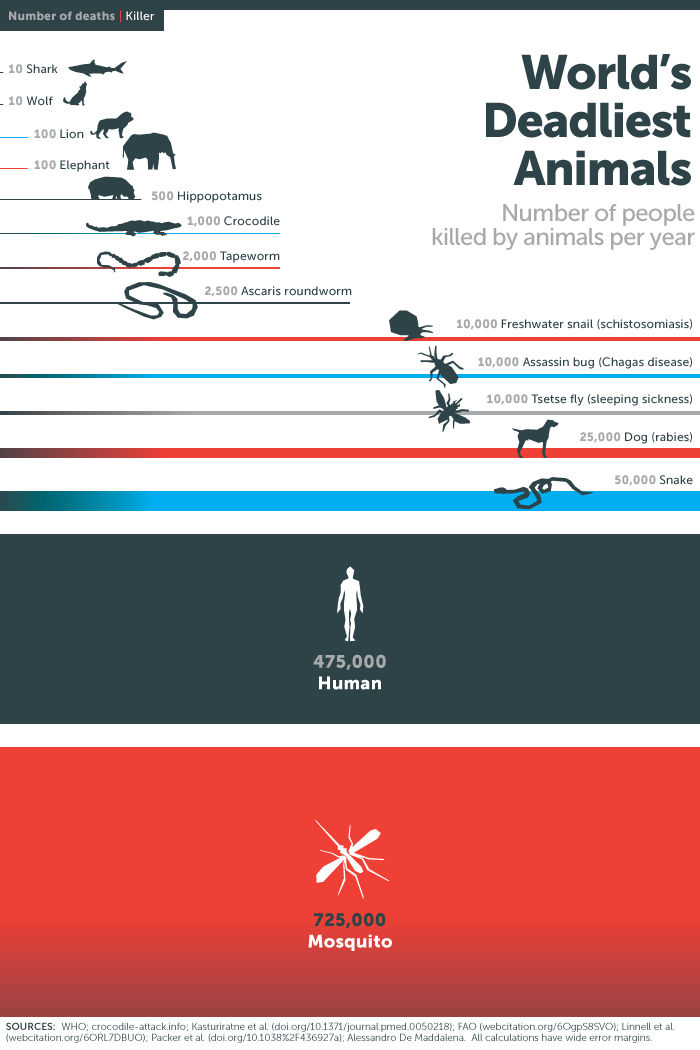They Said To Do What? (AKA: Not a light post)
- Chelle Hartzer

- Mar 9, 2021
- 4 min read
When I saw it initially, I thought it was just some clickbait article and it really wouldn’t be what the title implied:
Then I saw that it was funded by the World Health Organization (WHO) and published in a legitimate scientific journal (The Lancet). I read through most of it then told myself to put it down. Just close the window and move on. If I wrote about it, it would be too controversial, I should just write about something nice and safe like bed bugs. I just couldn’t do it.
First, let me say that if you or someone you know is suffering and needs help, PLEASE call the National Suicide Prevention Lifeline and talk. This is for the U.S. so if you are in a different county, please comment below with your local resources.
Next, let me say that suicide is a serious issue and should be prevented.
Banning a group of pesticides because people, unfortunately, have chosen that method to end their life is not an answer. That’s like saying we should ban ropes because people use that to hang themselves. Ropes have so many more uses that are incredibly helpful to people, removing that as a tool is foolish at best, harmful at worst.
Let’s break this down.
“National bans of highly hazardous pesticides are a potentially cost-effective and affordable intervention for reducing suicide deaths in countries with a high burden of suicides attributable to pesticides.”
The article focuses on the cost effectiveness of banning some (not all) pesticides. Out of the over 800,000 estimated suicides worldwide, the WHO estimates between 14-20% are due to pesticide self-poisoning, particularly in low-income and middle income countries. They say that the cost of banning these pesticides is low enough to be implemented. How they factor this cost is by the cost of implementing the ban. So basically, the price of enactment of relevant legislation and the cost of ongoing enforcement for ten years.
Not taken into any account: the benefits of using these pesticides to deter pests, increase food production, improve food storage and longevity, and protecting public health from insect-borne diseases. Estimates vary widely (there is little comprehensive research) for food destroyed by pests but worldwide it is likely around 25%. There is no mention of the lives lost due to starvation and malnutrition. Not to mention the impact on mental health when food is lost, money is not earned, and individuals are at physical risk. Calling a ban on pesticides “cost effective” when it doesn’t take into account the benefits of those pesticides is irresponsible.
They also cite the increased availability of these products due to small-scale farming. This is an entirely different, and in my opinion, quite solvable problem. Instead of spending money to write laws and send people out to enforce bans, spend the money to educate on the proper and effective use of pesticides. Spend money to create tracking programs on the more hazardous pesticides. While the study estimates the number of deaths due to intentional pesticide poisoning, there is no mention of deaths and injuries due to pesticide misuse. How many lives could be saved if comprehensive training programs existed and there was more accountability for pesticide use? The environmental benefits would also be beneficial.
Finally, the article quotes studies from Sri Lanka and China that show “many acts of pesticide self-poisoning are impulsive, involving less than 30 minutes of planning.” I think the clarification of “many” is irrelevant: any preventable deaths should be prevented. What may be particularly relevant here is if this is a choice of opportunity, what other opportunities exist. While this may sound crude, if a pesticide is not available, would that person decide against taking their life, or would they chose another method?
Research on suicides is challenging because (at the risk of again sounding crass), those who have taken their life aren’t able to answer many questions about it. For an organization to claim that the full removal of a pesticide (an important tool that helps protect food and health) is a good idea and “cost effective” is irresponsible bordering on damaging. It is disappointing to see there is nothing about increasing services such as pesticide training, increased food security, and mental health programs and how those would impact the suicide statistics.
As a responsible pest management provider and advocate of using truly integrated pest management programs, I am fully in support of limiting the use of environmentally hazardous products. I am in favor of using sanitation, exclusion, and other behavioral tactics to increase the effectiveness of treatments that allow the applications to be limited. I believe training, licensing, and enforcement of individuals are key to the correct and safe use of pest management products. Used properly, pesticides can save countless lives.
Suicide prevention is incredibly important. Banning a group of pesticides is like banning laundry detergent because people decided to use it improperly. This is about the responsible and educated use of pesticides. If you or someone you know is dealing with mental health issues, please reach out.
If you have questions on which pesticides are used at your site and how they are used, contact us here.












Commentaires